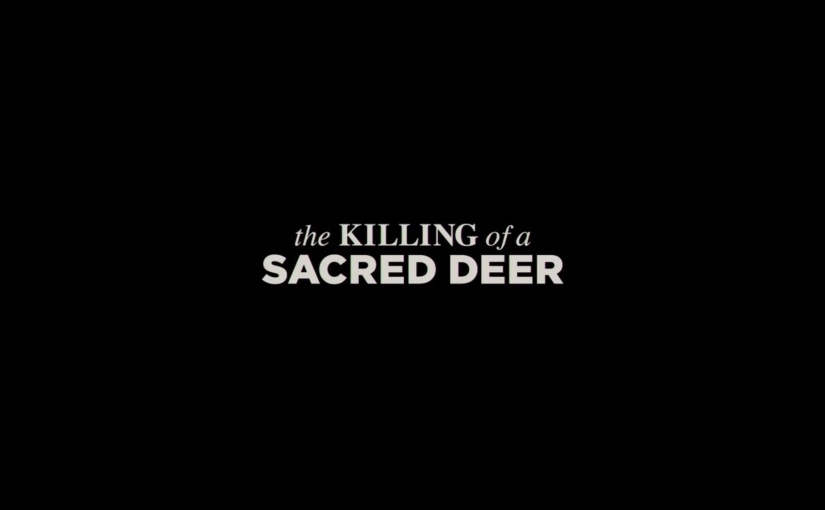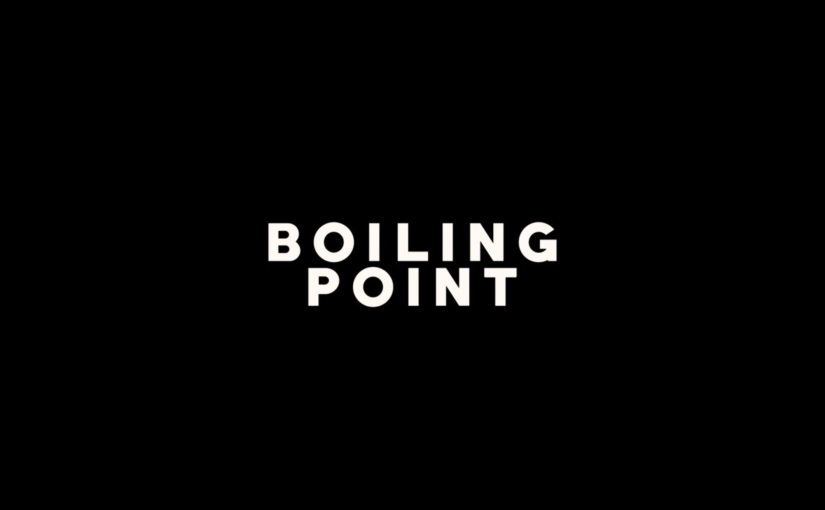Spoiler Warning: This discussion contains some spoilers. It could be an entire gag from a comedy or in-depth conversation concerning events in the second act.
"I'm glad we knocked on your door."
Eli Roth’s Knock Knock is one of the more unfortunate film experiences I’ve had this year. This erotic-thriller excludes the thriller, and even the erotic, as much of its sexual material is creepy and uncomfortable. Instead, it treats us to the worst Keanu Reeves performance in a frankly fascinating amount of time, considering the man’s filmography. It does reach the heights of ‘so-bad-it’s-good’ at key points – notably one Keanu monologue. However, your best option here is simply to Google it rather than subject yourself to 100 minutes of this drivel.
It’s tough to talk about this as a piece of dramatic filmmaking when it never actually feels like one. Sitting here reflecting on it, the entire purpose feels questionable, with not a single moment of character development and plenty of nudity and sultry torture. We learn next to nothing about Ana de Armas and Lorenza Izzo’s characters, apart from a half-hearted motive in the final minutes and that they lie. Riveting, if you weren’t hooked already, I’m sure you are now. Keanu’s Evan similarly gets an occupation and a movie classic nuclear family. The writing is so unbecoming that every ‘shocking’ moment or pivotal moment in the action is lost on its audience. I couldn’t have cared less about anyone in the text; I sat hoping for something more interesting to happen because they all felt like caricatures. You won’t feel a hint of sympathy, empathy, or any connective emotion. It makes everything boring.
Reeves is shockingly bad, aiming for the high highs of Nicolas Cage in Vampire’s Kiss with out-of-the-blue manic monologues and crazy facial expressions in random scenes that don’t match the rest of his performance. Izzo and de Armas aren’t great either – Izzo noticeably the weakest of the three – but it’s hard to criticise when the screenplay is so shallow. The direction is just as bland, and his lingering lens would send Laura Mulvey wild after all these years. It never feels like Roth’s filmmaking is in service of his story, and as a result, I don’t care about it, and I’d be mightily surprised if you would be.
Knock Knock is one of the worst movies I’ve seen in years. The ugly set design and POV hallway shots become exceedingly tedious following the opening credits, and its general tone is one that I cannot get on board with. The final twist is groanworthy, and its closing sequence is, once again, just a very uninteresting way of ending the film. Maybe I need to seek out Roth’s more radical projects like Cabin Fever or The Green Inferno to get a better idea of his voice. However, after this, it’d take a lot of convincing for me to try out something noted as being more sadistic and, assumedly, less humanistic.


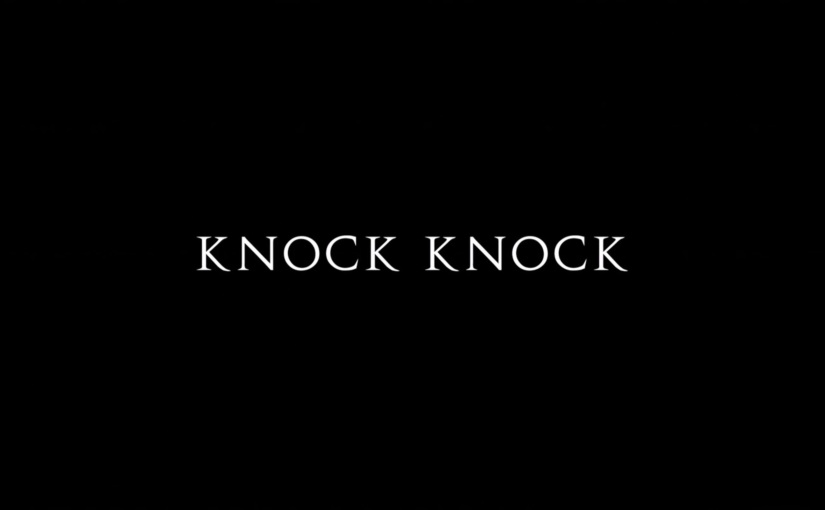


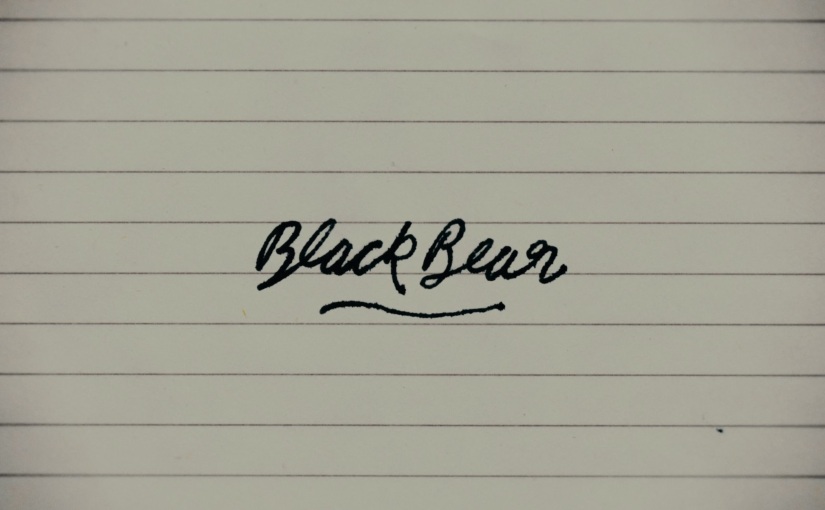

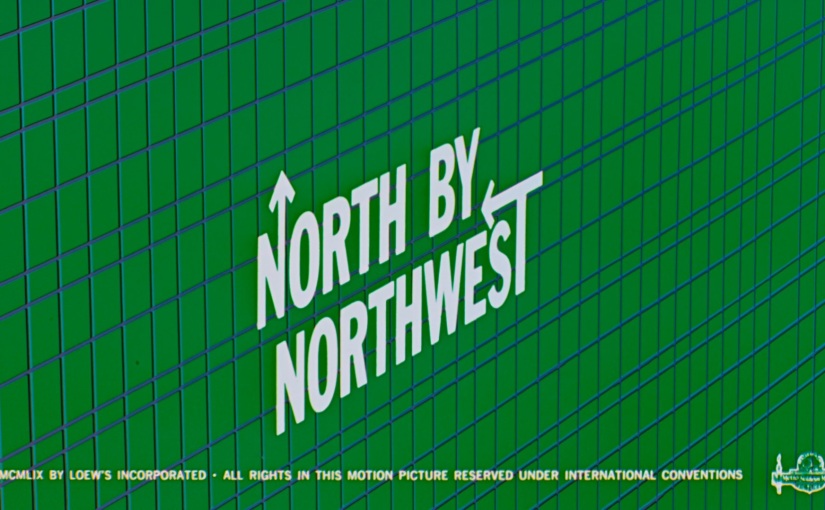

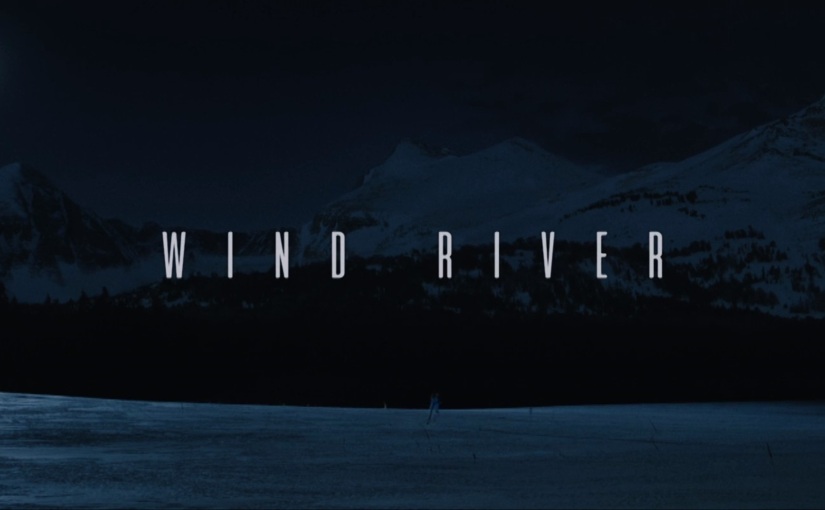

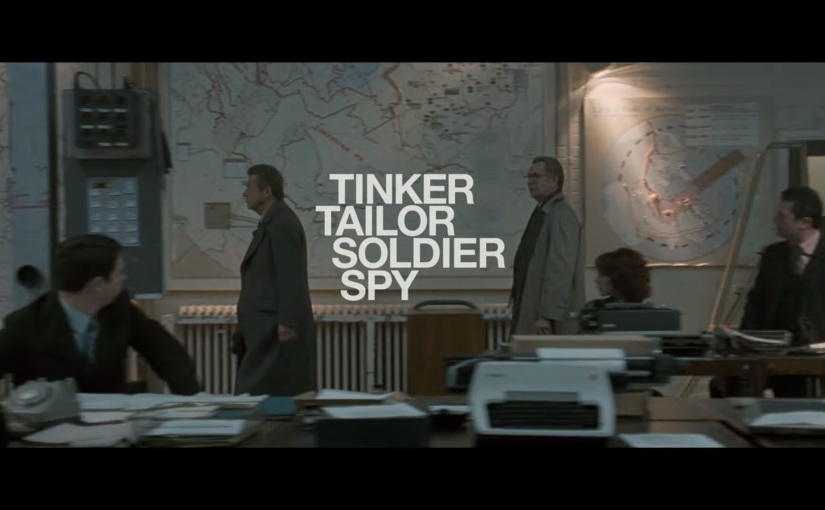
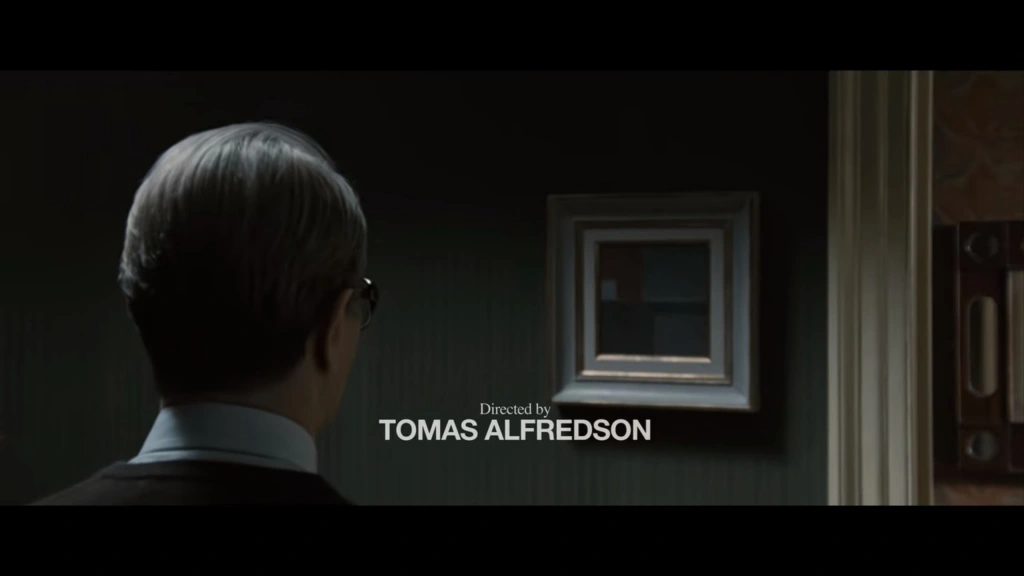
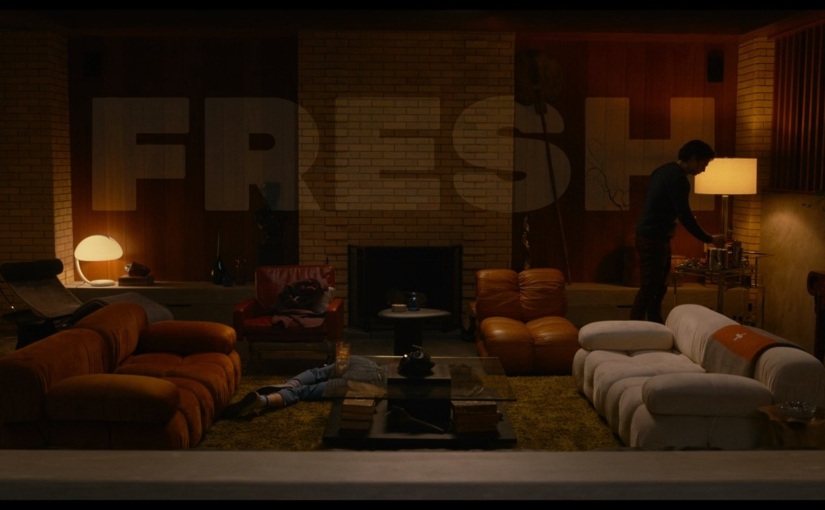

![[기생충] Parasite (Bong Joon-ho, 2019) Review](https://connorclarkefilm.files.wordpress.com/2022/04/parasite-black-and-white-title-card.jpg?w=825&h=510&crop=1)

